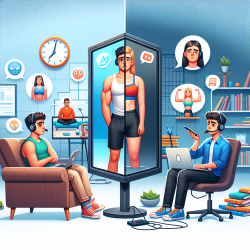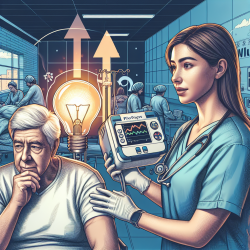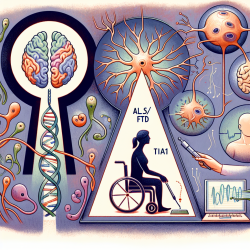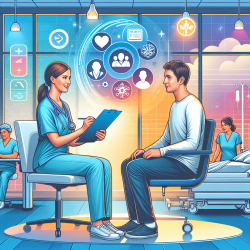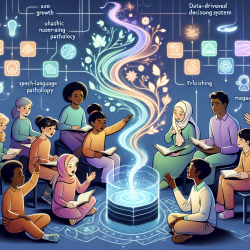In today's digital age, screen time is an integral part of adolescents' lives. However, recent research highlights a concerning link between excessive screen time and negative body image among teenagers, particularly girls. Understanding these findings can help educators and therapists implement strategies to support positive self-image in students.
The Research Findings
A study titled Screen Time and Body Image in Icelandic Adolescents: Sex-Specific Cross-Sectional and Longitudinal Associations examined the relationship between screen time and body image among Icelandic adolescents aged 15 to 17. The study found that increased screen time was associated with lower body image scores, especially in girls. This association was observed both cross-sectionally and longitudinally over two years.
Key Takeaways from the Study:
- Gender Differences: Girls with higher screen time reported significantly lower body image scores compared to their male counterparts.
- Types of Screen Activities: Activities such as gaming and watching TV/DVD/internet material were more strongly associated with negative body image than social media use for communication.
- Longitudinal Impact: Girls who maintained above-median screen time over two years had a 14% lower body image score at age 17 compared to those with below-median screen time.
Implications for Educators and Therapists
The findings suggest that reducing screen time could be beneficial in improving body image among adolescent girls. Here are some strategies that educators and therapists can consider:
- Encourage Balanced Screen Use: Promote activities that limit screen time and encourage physical activity, which can improve mental well-being.
- Create Awareness: Educate students about the potential negative effects of excessive screen time on body image and mental health.
- Cultivate Positive Self-Image: Implement programs that focus on building self-esteem and resilience against media influences.
- Parental Involvement: Engage parents in discussions about healthy screen habits and encourage them to model positive behavior at home.
The Role of Online Therapy
TinyEYE offers online therapy services that can support schools in addressing these challenges. Our therapists are equipped to provide guidance on managing screen time effectively and fostering a positive self-image among students. By integrating therapeutic interventions with educational efforts, we can create a supportive environment for adolescents to thrive.
The research underscores the importance of addressing screen time in educational settings to promote healthier body images among adolescents. For practitioners looking to deepen their understanding or implement these findings, further exploration into this topic is encouraged.
To read the original research paper, please follow this link: Screen Time and Body Image in Icelandic Adolescents: Sex-Specific Cross-Sectional and Longitudinal Associations
